Fertilizing Organic Citrus Trees
bulb1776
10 years ago
Featured Answer
Comments (15)
johnmerr
10 years agojohnorange
10 years agoRelated Professionals
Canton Landscape Architects & Landscape Designers · Beavercreek Landscape Architects & Landscape Designers · Bellflower Landscape Architects & Landscape Designers · Dallas Landscape Contractors · Damascus Landscape Contractors · El Segundo Landscape Contractors · Lemay Landscape Contractors · Madera Landscape Contractors · Melrose Landscape Contractors · Norristown Landscape Contractors · Pompton Lakes Landscape Contractors · Salem Landscape Contractors · Shoreview Landscape Contractors · The Villages Landscape Contractors · Reisterstown Landscape Contractorsbulb1776
10 years agotantanman
10 years agobulb1776
10 years agobulb1776
10 years agojohnorange
10 years agobulb1776
10 years agojonathancox007
7 years agolast modified: 7 years agotantanman
7 years agojonathancox007
7 years agotantanman
7 years agohobbyartisan (Saskatoon, SK Canada, 2b)
7 years agotantanman
7 years ago
Related Stories

GARDENING GUIDESGet on a Composting Kick (Hello, Free Fertilizer!)
Quit shelling out for pricey substitutes that aren’t even as good. Here’s how to give your soil the best while lightening your trash load
Full Story
GARDENING GUIDESHow to Keep Your Citrus Trees Well Fed and Healthy
Ripe for some citrus fertilizer know-how? This mini guide will help your lemon, orange and grapefruit trees flourish
Full Story
GARDENING GUIDESSpring Citrus Care Reaps Months of Sweet Rewards
Learn how to tend citrus trees in spring and ways to preserve their delicious fruit
Full Story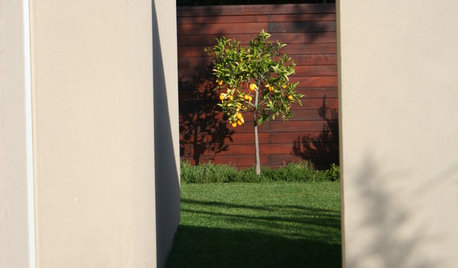
GARDENING AND LANDSCAPINGCitrus 101: Start Your Own Backyard Orchard
This Earth Day Weekend, Add Some Green, Style and Deliciousness to Your Landscape
Full Story
GARDENING GUIDESHow to Switch to an Organic Landscape Plan
Ditch the chemicals for a naturally beautiful lawn and garden, using living fertilizers and other nontoxic treatments
Full Story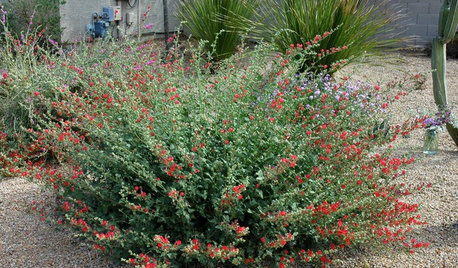
GARDENING GUIDESSouthwest Gardener's February Checklist
Orange you glad for a citrus-fertilizing reminder? And don't forget the recommended doses of vegetable seeds and cold-hardy flowers
Full Story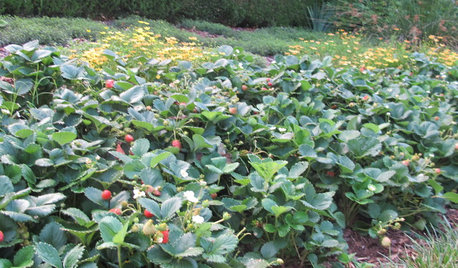
REGIONAL GARDEN GUIDESSoutheast Gardener's September Checklist
Fertilize strawberries, plant a tree or two and beckon hummingbirds to your Southern garden this month
Full Story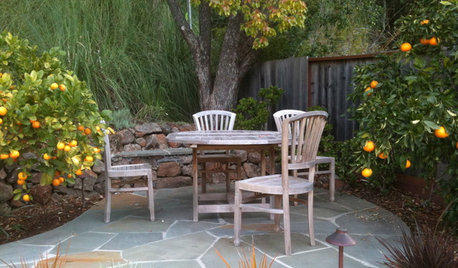
GARDENING AND LANDSCAPINGCrazy for Fruit Trees
Whether a single citrus or a mini apple orchard, even the smallest landscape space can bear deliriously delicious fruit
Full Story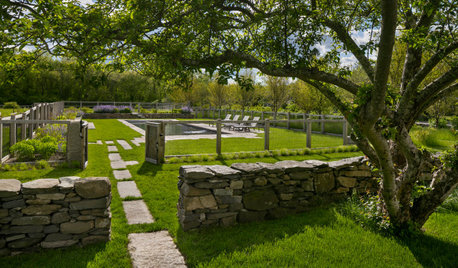
GARDENING GUIDESHow to Keep Your Trees Healthy
Ensure your trees’ vigor for years to come with these tips for protecting roots, watering effectively and more
Full Story
GARDENING GUIDESCommon Myths That May Be Hurting Your Garden
Discover the truth about fertilizer, soil, staking and more to keep your plants healthy and happy
Full Story





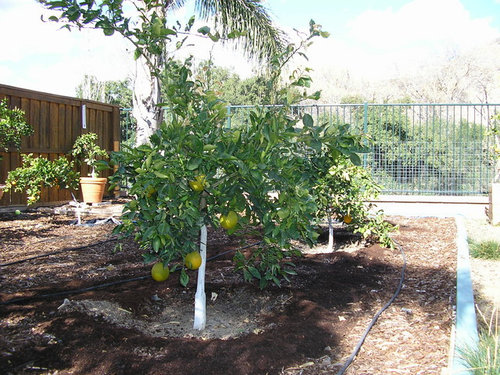

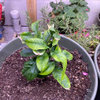
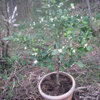
tantanman